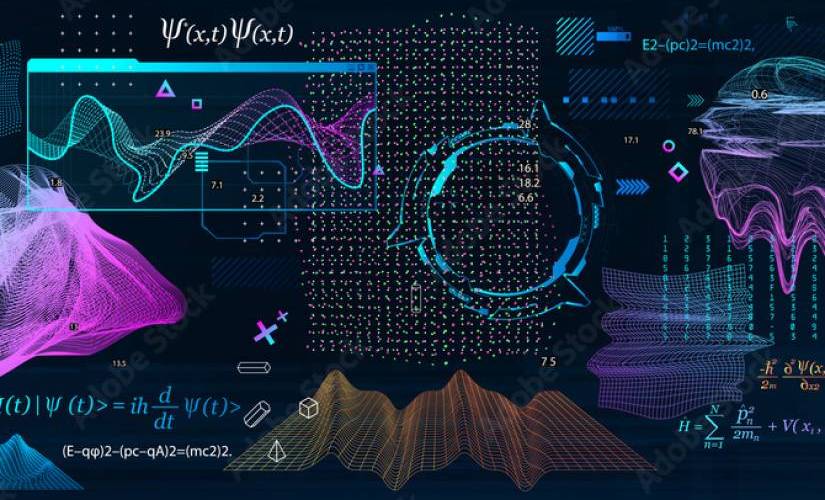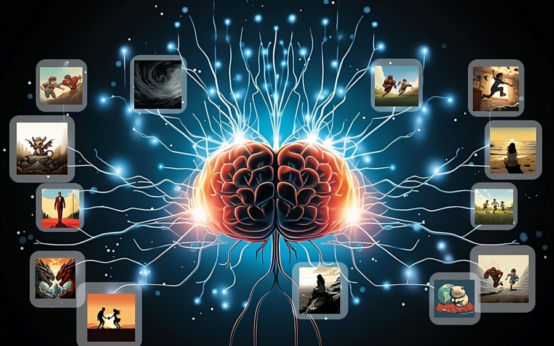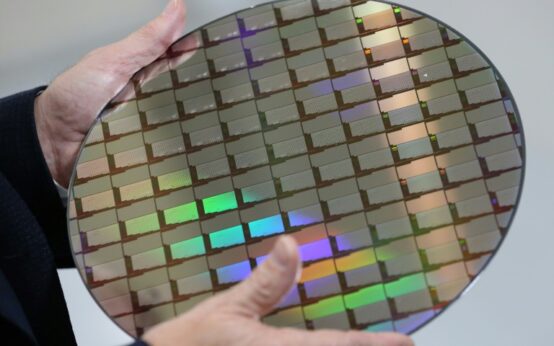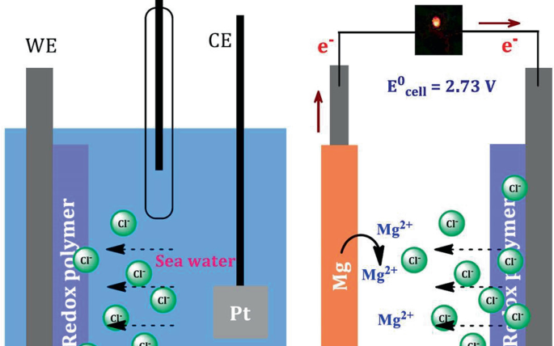There has been much discussion about quantum computing in recent years, sometimes referred to as the ‘next big thing’ as it promises unprecedented computational speeds and capabilities. One application of quantum artificial intelligence (QAI) has captured particular attention.
Quantum Computing
It is based on quantum mechanics that quantum computers use qubits instead of bits, which represent both 0 and 1 simultaneously. In theory, quantum computers can process a great deal of information simultaneously. However, this advantage does not automatically translate into all domains of computation, especially when it comes to image generation, which is a nuanced field.
Fidelity and Detail
Creating images with high fidelity and intricate detail is among the primary goals of image generation. The current AI-driven image generators on classical computers, such as Generative Adversarial Networks (GANs), have been meticulously trained on vast datasets, generating images that are nearly lifelike.
There is no doubt that quantum computers offer parallel processing capabilities, but this does not guarantee that they can perform detailed, context-aware tasks like image generation. The classical method of image generation offers the greatest fidelity and granularity.
Stability and Reliability
Due to their very nature, quantum computers are sensitive systems. The quantum error correction process is a new area of research, but it is still nascent. Environmental factors, tiny fluctuations, and even attempts to measure quantum bits can all cause errors. Quantum AI image generators can be compromised by their inherent instability.
Traditional computers, on the other hand, have undergone extensive optimization, error correction, and reliability enhancements over the past decade, making them more reliable than ever. Currently, quantum systems may not always be able to deliver sufficient reliability for tasks such as image generation.
Accessibility and Scalability
Many developers and researchers cannot access quantum computers due to infrastructure challenges, cooling needs, and technical expertise requirements. Although leading technology giants and research institutions have quantum computers, most developers and researchers cannot.
However, traditional AI models for image generation can be trained and deployed on widely available infrastructure. Cloud platforms have made it even easier, democratizing access to and facilitating scalable deployment.
Software Ecosystem and Development
It is true that software ecosystems for quantum computing are still in the early stages, with tools, libraries, and algorithms that are suitable for quantum artificial intelligence still being developed, but they are not as mature and comprehensive as classical AI software ecosystems.
An ecosystem of libraries (including TensorFlow and PyTorch), community contributions, and thorough documentation has supported the development of GANs and other image generation techniques on traditional computers. Consequently, classical platforms can be developed more easily and effectively.
Quantum Advantage is Task-Specific
In spite of their promise for factoring large numbers and simulating quantum systems, quantum computers will not be universally superior to classical computers in all aspects. Quantum computers outperform classical ones based on the task at hand. For image generation, this advantage has not been conclusively demonstrated.
The Evolutionary Perspective
In the past, classical AI-driven image generators have evolved and improved with every iteration, fine-tuning, optimizing, and training them on diverse datasets so that they can perform their tasks effectively. Since quantum AI is relatively new, it has not yet undergone the same evolutionary process like Interpreting Apple’s Fresh Privacy Revelations. Like comparing an experienced athlete to a newcomer, the potential is there; experience and refinement will make a difference.
Conclusion
It is impossible to underestimate the potential of quantum computing to revolutionize numerous fields in the future. Currently, Quantum AI still has a long way to go before it can match, or surpass, the capabilities of classical computer-based AI when it comes to the specialized task of image generation.

 Robotics Efficiency: Optimal Object Packing
Robotics Efficiency: Optimal Object Packing  Daron Acemoglu Wins A.SK Social Science Award
Daron Acemoglu Wins A.SK Social Science Award  AI Learning: The Power of Synthetic Imagery
AI Learning: The Power of Synthetic Imagery  Machine Learning’s Role in Perfecting 3D Printing
Machine Learning’s Role in Perfecting 3D Printing  Expert Insights on 2047’s Semiconductor Horizon
Expert Insights on 2047’s Semiconductor Horizon  Desalination’s Triumph Over Batteries
Desalination’s Triumph Over Batteries